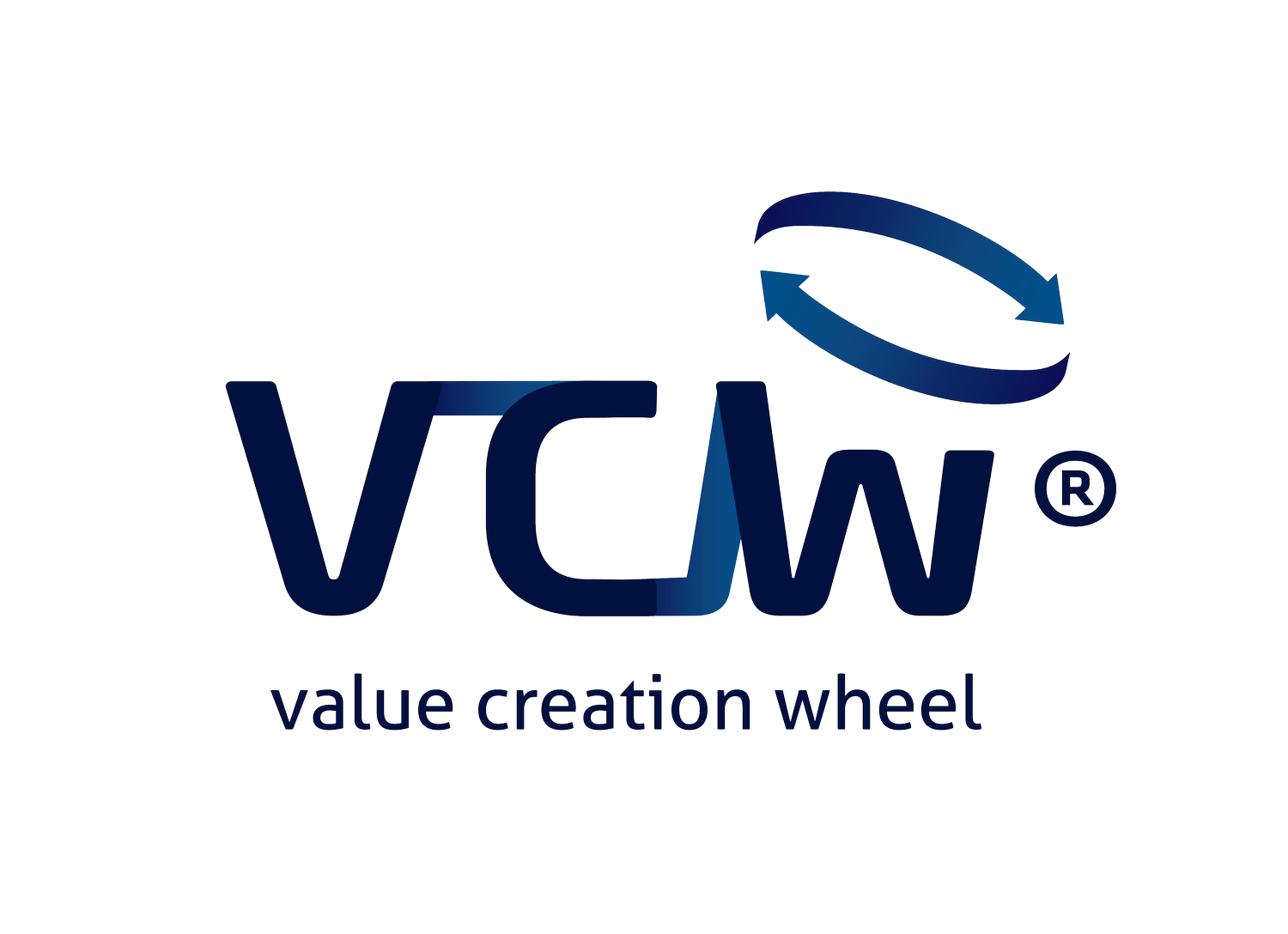VCW for Urban Logistics in Lisbon: Emission Reduction
Implementing a policy mix to manage urban logistics growth in Lisbon's city center while meeting emission reduction targets.
How to manage urban logistics growth in the city center of Lisbon to be in line with emission-cutting targets?
This project focuses on developing policies to manage urban logistics growth in Lisbon's city center while meeting emission-cutting targets, utilizing the Value Creation Wheel (VCW) framework.
Overview:
The project aimed to address the challenge of increasing emissions from urban logistics in Lisbon while accommodating the growing demand for delivery services. The team used the VCW framework to develop a policy mix that includes banning combustion delivery vehicles, introducing zero-emission loading zones, and subsidizing decentralized distribution sites.
Application and Process:
The process began with a diagnostic phase, analyzing the current state of urban logistics in Lisbon, including emission trends, urbanization projections, and stakeholder analysis. The core challenge was defined: managing urban logistics growth in the city center while meeting emission reduction targets. The team then generated ideas and filters through brainstorming and research. The POCR method was used to refine these filters. Through VCF and Multi-Criteria Decision Analysis (MCDA), the team narrowed down potential solutions and developed a concept for a three-pronged policy approach.
Key Takeaways:
Policy Mix: Implement a combination of policies to manage urban logistics growth and reduce emissions:
Ban combustion delivery vehicles in the city center.
Introduce zero-emission loading zones.
Subsidize the opening of decentralized distribution sites.
Phased Implementation: Introduce policies incrementally to allow businesses and customers to adjust.
Stakeholder Engagement: Engage with key stakeholders, including government agencies, local authorities, and industry players, to ensure successful implementation.
Value Creation Funnel and MCDA: Effectively narrow down potential solutions and identify the most impactful policies.
Best Practices: Leverage best practices from other cities to inform policy design and implementation.
Conclusion:
The VCW framework effectively guided the development of a comprehensive policy approach to manage urban logistics growth in Lisbon while meeting emission reduction targets. The proposed policy mix, with its phased implementation and stakeholder engagement, demonstrates the methodology's effectiveness in addressing complex urban challenges and promoting sustainable development.


